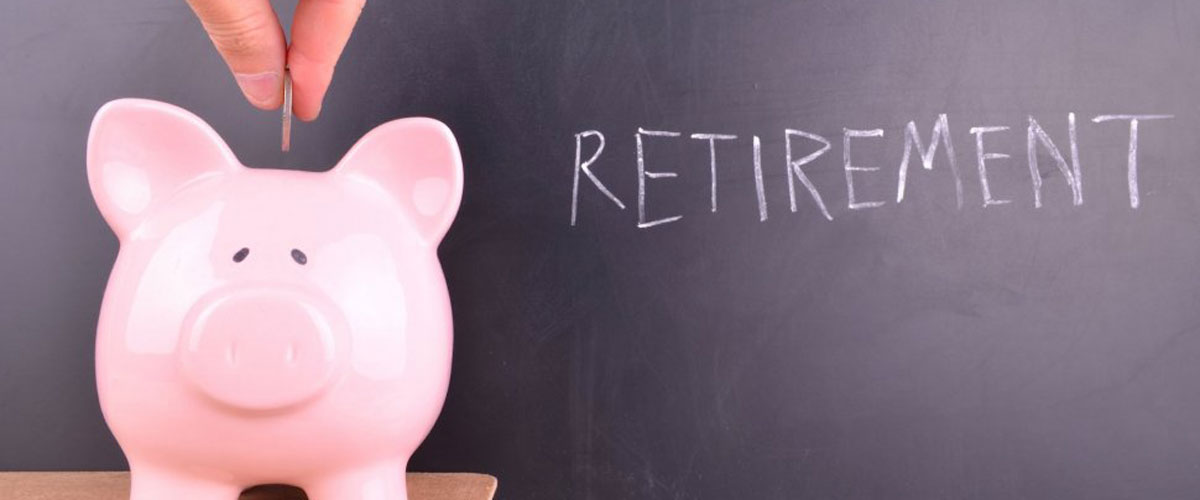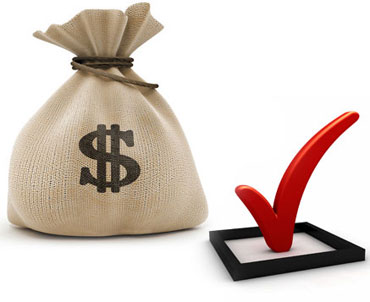It seems that slowly the word is getting out to business owners that they had better get the help they need to position their companies correctly in order to be ready to retire. The CBC just announced RBC’s latest study on the strange trend that owners don’t know how and are not thinking about how to extract the wealth they have built up in their companies. You can read about the latest study here.
Here's the Real Reason Why Small Business Owners Aren't Saving for Retirement
Retirement savings is clearly a must, so why don't small business owners feel that way?
If there's one thing that everyone in the working world should think about often, it's retirement. We spend decades working, planning and saving so we can spend our golden years relaxed and worry-free.
But for small business owners, preparing for retirement is often more complicated. Unlike in the corporate world, entrepreneurs don't have the support of complex benefits plans or the luxury of matching contributions. Small business owners have to put those plans in place for themselves and their employees, while also determining at what age to retire and who (if anyone) will become their successor.
To determine how and when small business owners are preparing for retirement, my company, Manta, went straight to the source. We surveyed 1,960 small business owners and found they're not as prepared as we would hope. For instance, more than one third (34 percent) do not have a retirement savings plan in place. Why?
They're not making enough money.
Of small business owners who lack savings plans, 37 percent said they don't make enough money to open a retirement account. And many small business owners opt to reinvest a significant portion of their income back into their business, instead of putting it toward a retirement fund. While using your personal savings to expand and improve your company may feel natural, doing so could severely endanger your plans for retirement.
They invested their previous retirement funds into their current business.
Speaking of investing income back into companies - of our respondents that don't have a retirement savings plan, 21 percent said it's because they used their previous retirement funds to start their current business. Though tapping into your 401(k) or IRA can help get a business off the ground, it's a huge risk - one that could end up hurting entrepreneurs if they aren't able to replace the savings and grow it over time.
They're planning on selling their business to fund their retirement.
Eighteen percent of respondents who don't have a retirement savings plan said it's because they're banking on selling their business to fund their retirement. Putting your business on the market may feel like a safe route, but think about this: If your company suddenly hits a downturn or suffers severe property damage (just to name a few possibilities), it's unlikely you will find a willing buyer - leaving your retirement savings in jeopardy.
How can entrepreneurs get on the right track to planning and saving for retirement? These three tips will help:
-
Know your options.
Planning for retirement is often intimidating due to the availability of many different savings options. Knowing what your choices are, and which are best for small business owners, can help ease the process. Here are a few retirement plan options that are particularly well-suited for the self-employed:
-
A SEP IRA is a great option for small businesses with few employees because it requires the employer to contribute equally to all employees' retirement funds.
-
A Simple IRA plan is a good choice for small businesses that employ less than 100 people, because it requires little administration, has low fees and matches up to 3 percent.
-
A self-employed 401(k) is great for sole proprietors because it offers generous contribution limits and incorporated companies can typically deduct contributions as business expenses.
-
Create a succession plan.
In the corporate world, when one employee retires, there's almost always another waiting in the wings to take his or her place. That's not necessarily the case for entrepreneurs, who generally have a hard time passing the reins to just anyone (and for good reason).
More than one third (34 percent) of the small business owners Manta surveyed said they don't have a succession plan in place. But succession planning and finding the best leader to carry on your legacy is crucial to your company's future.
To get started, block off time to sit down with a trusted lawyer and figure out next steps. Meet with the family member or employee you have in mind to take over the business and ensure they're the right person for the job. While devising a plan and ultimately transferring ownership to someone else may seem daunting, planning ahead will alleviate headaches down the road.
-
Set a retirement date - plan for it and stick to it.
There is no right time to retire, especially for small business owners. According to our data, 42 percent of small business owners said they plan to retire at age 65 or older, while 29 percent said they hope to retire between ages 55-64. Only 19 percent anticipate they'll step down between the ages of 40-55.
Because retirement age varies so drastically, small business owners need to evaluate their lifestyle, savings and company's overall performance to determine an ideal time to retire.
For small business owners, few things are straightforward. And with no set plan for how and when to leave their business, retirement planning is no exception. But with a bit of research, succession planning and goal setting, preparing for retirement can become less confusing and much more attainable.





